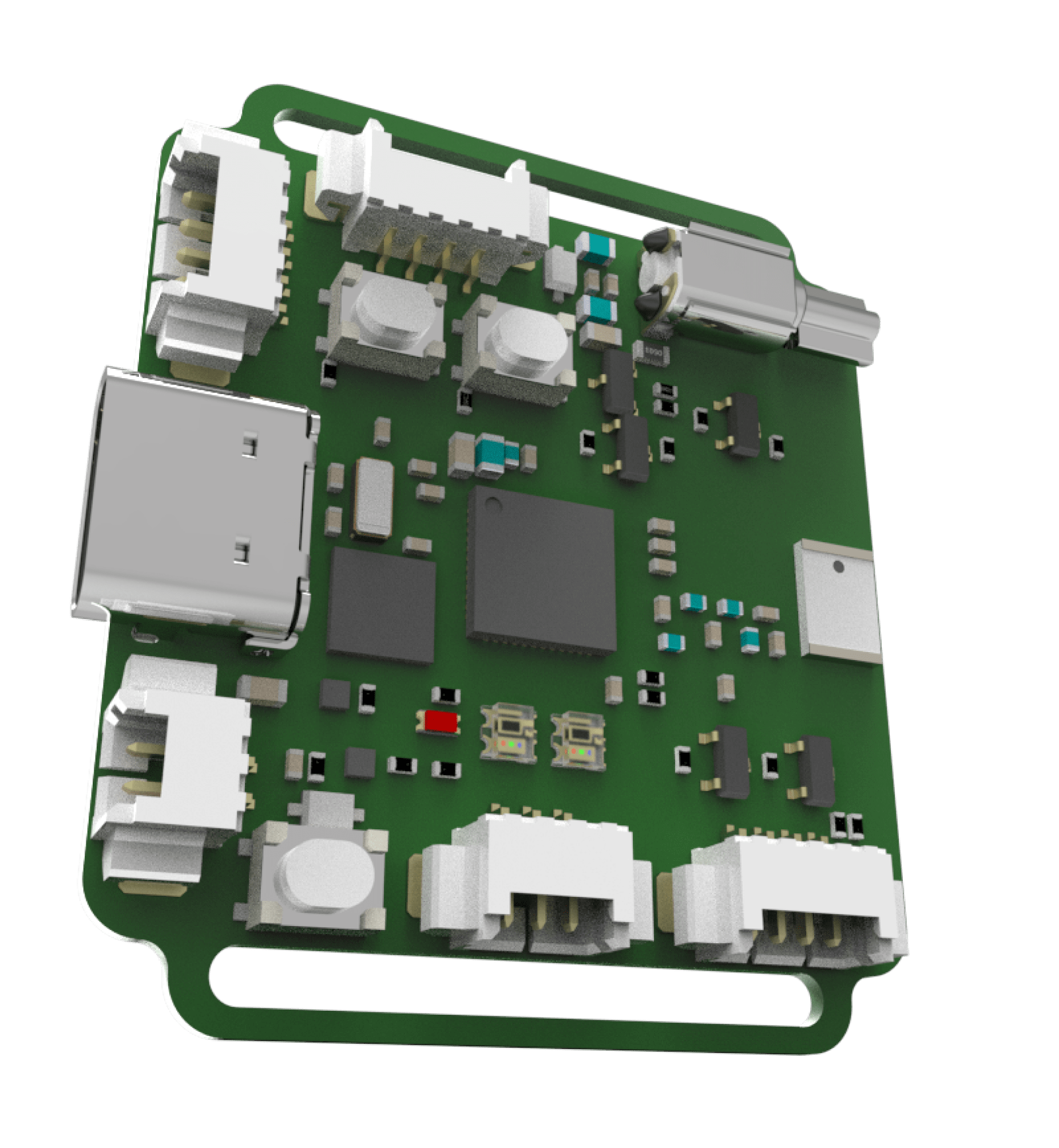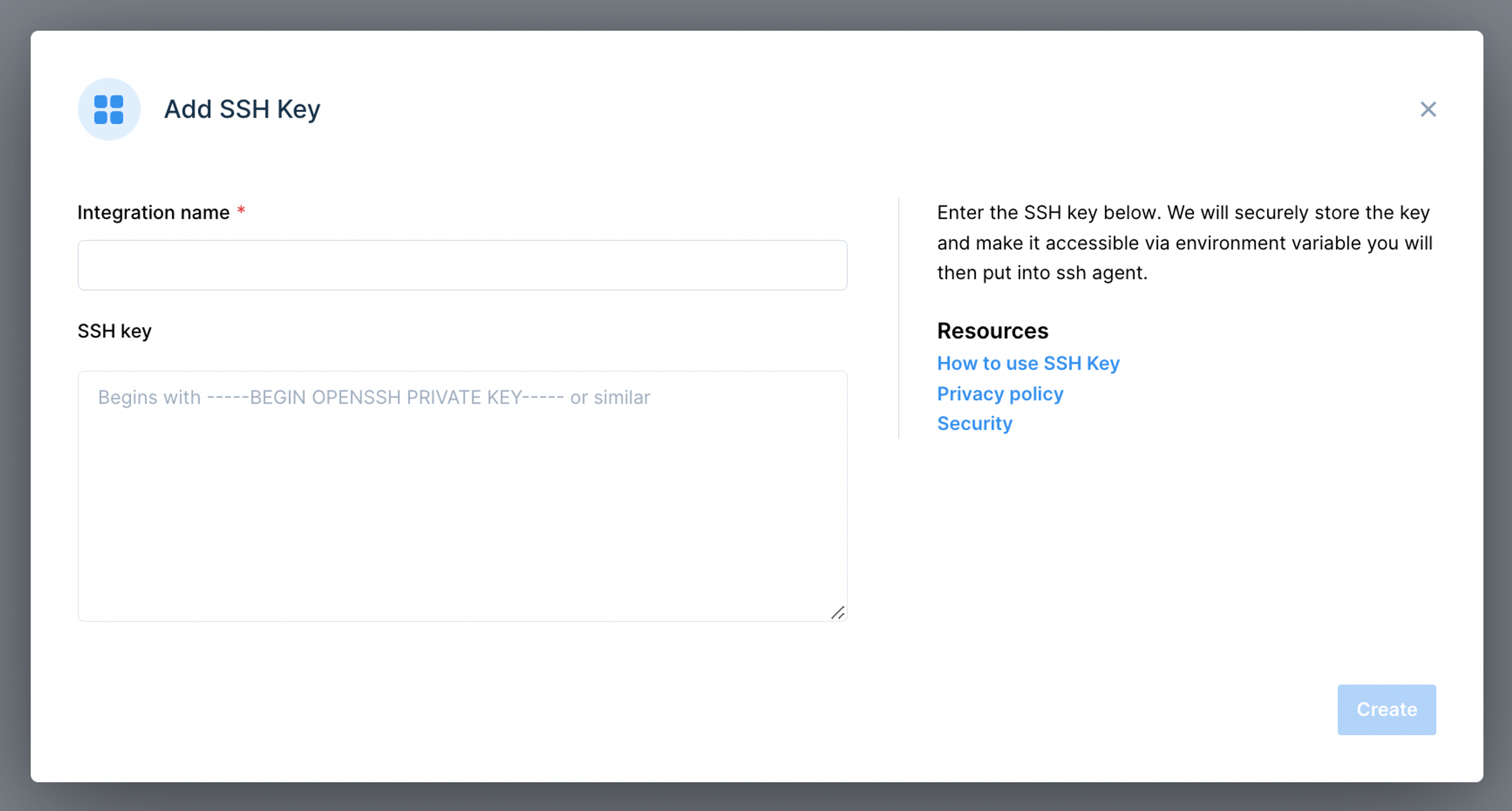Hey there, tech-savvy friends! If you're diving into the world of remote IoT platforms and need to get your hands on a reliable SSH download for Android, you're in the right place. In today's fast-paced digital era, having seamless access to remote IoT systems from your Android device is no longer a luxury—it's a necessity. This guide will walk you through everything you need to know about remote IoT platforms and SSH downloads, ensuring you're equipped with the tools to stay connected and productive. So, buckle up and let's get started!
Now, you might be wondering why remote IoT platforms are making such a splash. Well, the answer is simple: they offer unparalleled convenience and flexibility. Whether you're managing smart home devices, monitoring industrial equipment, or accessing remote servers, having a robust SSH client on your Android device can transform the way you interact with your IoT ecosystem. In this article, we'll break down the basics, explore top tools, and share actionable tips to help you make the most of your remote IoT setup.
Before we dive deeper, let's quickly address the elephant in the room: security. With remote IoT platforms, security is paramount. That's where SSH (Secure Shell) comes in. It's like a digital fortress that protects your data and ensures your connections remain private and tamper-proof. By the end of this article, you'll not only understand how to download and configure SSH on your Android but also how to optimize it for maximum efficiency. Let's jump in!
- Movie Rulez2 Com 2025 Telugu Your Ultimate Guide To Telugu Films
- Why Filmyfly Bollywood Movies Are The Ultimate Destination For Movie Lovers
What is RemoteIoT Platform?
Alright, let's start with the basics. A remote IoT platform is essentially a system that allows you to manage and interact with Internet of Things (IoT) devices from a remote location. Think of it as a control center that lets you monitor, control, and troubleshoot IoT devices without being physically present. These platforms are designed to bridge the gap between physical devices and digital networks, making them indispensable for both personal and professional use.
Remote IoT platforms offer a variety of features, including real-time data monitoring, automated alerts, and device management. They're perfect for anyone looking to streamline their IoT operations, whether you're a homeowner managing smart appliances or a business professional overseeing a network of industrial sensors. With the right tools, you can turn your Android device into a powerful hub for controlling your IoT ecosystem.
Why Use SSH for Remote IoT?
SSH, or Secure Shell, is a protocol that provides secure communication between devices over an unsecured network. When it comes to remote IoT platforms, SSH is a game-changer. It ensures that all data transmitted between your Android device and the IoT system is encrypted and protected from prying eyes. This level of security is crucial, especially when dealing with sensitive information or critical infrastructure.
- Unveiling Filmyflycom 2025 Your Ultimate Guide To Streaming Movies In 2025
- 1tamilblaster Your Ultimate Destination For Tamil Movie Entertainment
Here’s why SSH is so important:
- Encryption: All data is encrypted, making it nearly impossible for hackers to intercept or decode.
- Authentication: SSH uses advanced authentication methods to verify the identity of both the client and the server.
- Reliability: SSH connections are stable and can handle large amounts of data without compromising performance.
How to Download SSH for Android
Downloading SSH for Android is easier than you might think. There are several apps available on the Google Play Store that offer robust SSH clients. Here's a step-by-step guide to help you get started:
Step 1: Choose the Right SSH App
With so many SSH apps out there, it can be overwhelming to choose the right one. Some popular options include:
- Termius: A feature-rich SSH client with a user-friendly interface.
- Serverauditor: Offers advanced security features and is perfect for managing multiple servers.
- JuiceSSH: A lightweight app that's great for beginners.
Step 2: Install the App
Once you've chosen your preferred SSH app, simply head over to the Google Play Store and download it. Installation is a breeze—just follow the prompts and you'll be good to go.
Step 3: Set Up Your Connection
After installing the app, it's time to set up your SSH connection. Here's how:
- Open the app and create a new connection profile.
- Enter the server details, including the IP address, port number, and username.
- Choose your preferred authentication method (password or key-based).
- Save the connection and test it to ensure everything is working smoothly.
Tips for Optimizing Your RemoteIoT Setup
Now that you have SSH up and running on your Android device, here are a few tips to help you optimize your remote IoT setup:
Tip 1: Use Strong Authentication
Always use strong authentication methods, such as SSH keys, to secure your connections. This adds an extra layer of protection and reduces the risk of unauthorized access.
Tip 2: Regularly Update Your Software
Keep your SSH app and Android OS up to date to ensure you have the latest security patches and features. This will help protect your device from potential vulnerabilities.
Tip 3: Monitor Your Connections
Regularly monitor your SSH connections to detect any suspicious activity. Most SSH apps offer logging features that allow you to track connection attempts and identify potential threats.
Common Challenges and Solutions
While setting up SSH for remote IoT platforms is relatively straightforward, you might encounter a few challenges along the way. Here are some common issues and their solutions:
Challenge 1: Connection Issues
If you're having trouble establishing a connection, double-check your server details and ensure that the necessary ports are open on your network. You might also want to try restarting your router or switching to a different network.
Challenge 2: Slow Performance
Slow performance can be caused by a variety of factors, including poor network connectivity or outdated software. To improve performance, consider upgrading your network hardware or switching to a faster internet provider.
Challenge 3: Security Concerns
If you're worried about security, consider implementing additional measures, such as two-factor authentication or firewall rules, to further protect your system.
Future Trends in RemoteIoT and SSH
As technology continues to evolve, the future of remote IoT platforms and SSH looks bright. Here are a few trends to watch out for:
Trend 1: Increased Automation
Automation will play a bigger role in remote IoT platforms, allowing users to perform tasks with minimal human intervention. This will lead to increased efficiency and reduced downtime.
Trend 2: Enhanced Security
With cyber threats becoming more sophisticated, security will remain a top priority. Expect to see advancements in encryption techniques and authentication methods to keep your data safe.
Trend 3: Integration with AI
The integration of AI with remote IoT platforms will enable smarter decision-making and predictive analytics. This will help users anticipate potential issues and take proactive measures to prevent them.
Real-World Applications of RemoteIoT Platforms
Remote IoT platforms have a wide range of applications across various industries. Here are a few examples:
Application 1: Smart Homes
With remote IoT platforms, homeowners can control smart lighting, thermostats, and security systems from their Android devices. This not only enhances convenience but also improves energy efficiency.
Application 2: Industrial Automation
In the industrial sector, remote IoT platforms are used to monitor and control machinery, ensuring optimal performance and reducing maintenance costs.
Application 3: Healthcare
In healthcare, remote IoT platforms enable doctors and nurses to monitor patients' vital signs in real time, allowing for faster diagnosis and treatment.
Expert Insights and Recommendations
To provide you with the most accurate and up-to-date information, we've consulted with industry experts and gathered their insights on remote IoT platforms and SSH:
Insight 1: Focus on Security
Security should always be your top priority when setting up a remote IoT platform. Experts recommend using SSH keys and enabling two-factor authentication to safeguard your system.
Insight 2: Choose the Right Tools
Not all SSH apps are created equal. Experts suggest doing thorough research before selecting an app to ensure it meets your specific needs and requirements.
Insight 3: Stay Informed
Technology is constantly evolving, so it's important to stay informed about the latest trends and advancements in remote IoT platforms and SSH. Follow industry blogs and attend conferences to stay ahead of the curve.
Conclusion
And there you have it, folks! A comprehensive guide to remote IoT platforms and SSH downloads for Android. By following the steps outlined in this article, you'll be well on your way to setting up a secure and efficient remote IoT system. Remember to prioritize security, choose the right tools, and stay informed about the latest trends in the industry.
Before we wrap up, here's a quick recap of the key points we've covered:
- Remote IoT platforms offer unparalleled convenience and flexibility for managing IoT devices.
- SSH is a powerful tool for securing your remote IoT connections.
- Downloading and setting up SSH on your Android device is simple and straightforward.
- Optimizing your remote IoT setup involves using strong authentication, updating your software, and monitoring your connections.
Now it's your turn! If you found this article helpful, feel free to leave a comment or share it with your friends. And if you have any questions or need further assistance, don't hesitate to reach out. Happy connecting!
Table of Contents
- Why Filmyflycom Movie Download Is A Trending Hub For Movie Buffs
- Free Undressing Ai The Controversial Tech Thatrsquos Raising Questions


